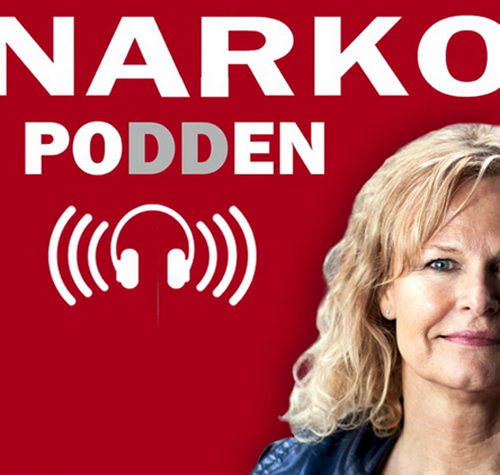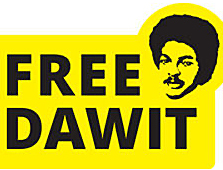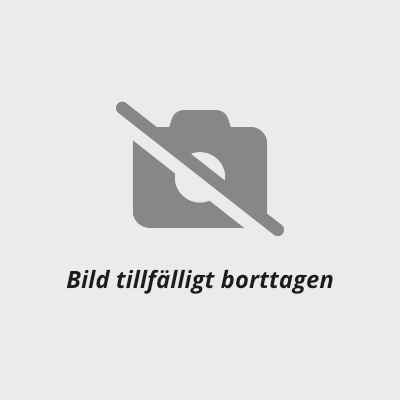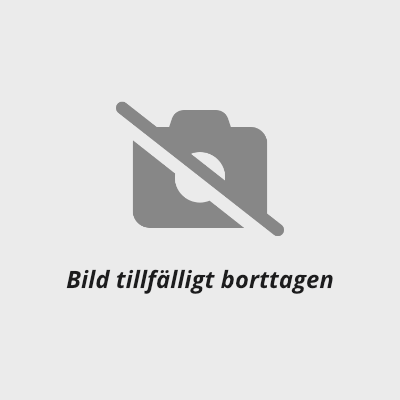 In her speech at UN in New York meeting of the preparatory process for UNGASS, Ms Asia Ashraf, psychologist and director on rehabilitation centre in Pakistan, addressed the needs of female drug users.
In her speech at UN in New York meeting of the preparatory process for UNGASS, Ms Asia Ashraf, psychologist and director on rehabilitation centre in Pakistan, addressed the needs of female drug users.
Honorable Chair, Excellencies, Ladies and Gentlemen:
May I speak this morning on a rather neglected area of drug abuse in many parts of the world including my own country Pakistan, the female drug abuse? Drug abuse in Pakistan is typically considered a male problem, although UNODC survey in 2013 found 1.5 million or 22% female drug users out of the total 6.7 million illicit drug users nationwide.
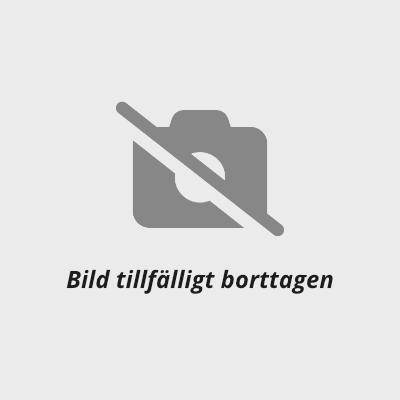
Female substance use is on the rise among the urban educated classes, in colleges, offices and homes with tranquilizers and painkillers more commonly used by middle class women and cannabis used by poorer women at shrines, tombs and slums. Their numbers may be under-reported with possible “hidden” population of female drug users, as noted by UNODC in 2010.
Female drug abuse in Pakistan remains under-studied, except for UNODC studies and briefs and some limited research. Overall drug treatment services are highly deficient, accessed by only 30,000 drug users, and do not address the needs of female drug users. Lack of female-friendly services and female drug users’ reluctance to seek professional/qualified help due to social stigma, family reputation, marital risks and cultural constraints makes them doubly suffer in silence or be exploited by quacks, dubious faith-healers, and untrained psychiatrists treating them as mental cases.
There is dearth of expertise and understanding on female-specific drug abuse treatment and rehab. A female- focused response by the state and by NGOs has yet to address the critical need for female-specific drug treatment services in Pakistan.
I personally got interested and involved in treatment of female drug users in Pakistan while actually serving a 50-bed male drug treatment & rehab facility, Sunny Trust International Addiction Treatment & Rehabilitation Centre in Islamabad.
In the course of my last 12 years of work at Sunny Trust, I often came across people initially making discreet enquires for treatment of a male family members, but later opening up and seeking help in confidence for a female drug users in the family. Our outdoor counseling and support was of some benefit, but not always enough, since they could not be admitted in a male facility and no female service around to refer them to.
It set us thinking on the need for separate female-friendly drug treatment service within our socio-cultural setting. We got more female staff and trained them to deal with both in-house male patients and outdoor male and female counseling.
One evening, an educated, professional lady barged into our office along with her 18 years old daughter Tina, desperately insisting that we admit her for drug treatment. We regretted since this was a male facility. The standoff continued until she simply dumped her and left.
Tina was a high school dropout, with history of sexual abuse, whose alcoholic father and drug abusing brother drove her mad. She also turned to poly-drug abuse, now in chronic condition.
We were forced out of compassion to quickly create a temporary, one-patient separate female ward, making Tina feel at home and starting her treatment involving our female staff. Tina passed through different stages of recovery and rehabilitation, regaining control of herself, drug-free and smoke-free, to the joy of her mother and her own satisfaction. Back home, Tina persuaded her father and brother to get treated, and got both admitted to our centre. Back to school, she resumed her studies, married and moved on happily in life.
Later, Tina brought her former drug-buddy Bina (both changed names) for treatment at our centre. Bina came from a broken home, totally lost to drugs. We had to re-create the separate female-friendly arrangement and admitted Bina. She soon rehabilitated, strong and healthy, completed her studies. She had to fight out the stigma of her drug-ridden past including her treatment. We continued to extent her follow-up support.
Both cases served as our instructive piloting of female treatment. We decided to establish a separate Sunny Trust female treatment & rehabilitation facility. We have acquired the land and physical planning is underway.
I am here in the US on a year long Hubert H. Humphrey fellowship at the Virginia Commonwealth University to gain knowledge and skills for treatment of female drug users. I am working on the plan to set up a separate female drug treatment facility in Pakistan which will also serve as a resource and training centre for sharing of knowledge and skills and developing human resource for female-specific services in Pakistan.
Beyond sharing this very modest personal story, let me remind this worthy gathering that saving millions of men and women already lost to drugs remains a global obligation. And preventing many more from falling prey to drugs is an even bigger global responsibility. The horrific drug situation confronting the world is a result of collective global failure. It’s so easy and effortless falling into the drug trap, so terribly devastating living under drugs and so difficult coming out of drugs. The enormity of the drug problem is already a global nightmare.
UNGASS 2016 must take on this challenge head on and show the way to ridding humanity of this global drug menace. We have only two options: a drug-free world or a drug doomsday, which we cannot afford.
Compromises and halfway solutions cannot endure over time and are bound to eventually fall apart. If the world has to be truly safe and secure then UNGASS must lead the global campaign. It’s either now or never, so we must act. Let UNGASS define the vision, and set goal, priorities and benchmarks, for achieving a drug-free world within our lifetime.
Thank you.
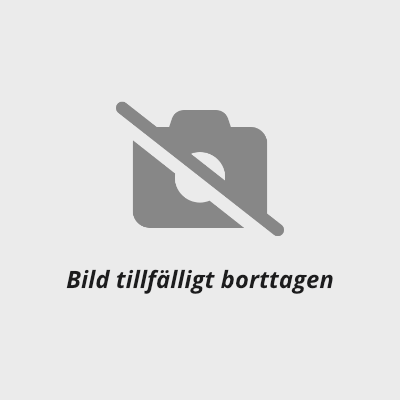
ASIA ASHRAF
Director Rehabilitation and Head Psychology Department, Sunny Trust International Addiction Treatment and Rehabilitation Centre, Islamabad. Currently a Hubert H Humphrey Fellow, Virginia Commonwealth University.
Tema: UN&Drugs
Fungerar FN:s globala narkotika-konventioner
 … eller har ”kriget mot drogerna” misslyckats?
… eller har ”kriget mot drogerna” misslyckats?
• FN-möten årligen i mars i Wien (CND), om implementering av konventioner, nya droger klassas, mm. Länkar till de tre internationella narkotikakonventionerna, (antagna 1961, 1971 och 1988).

